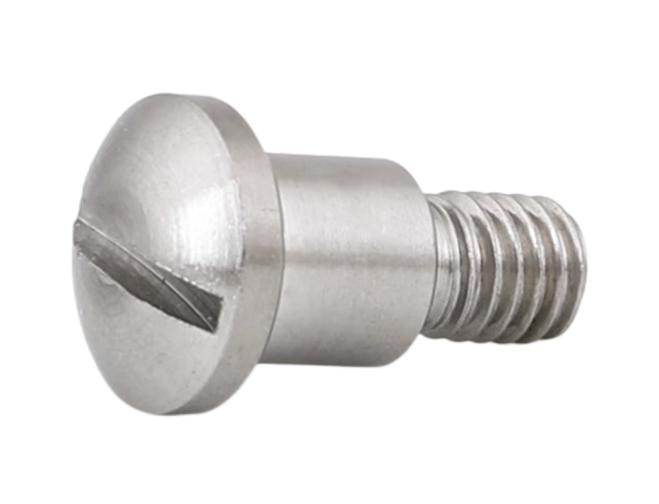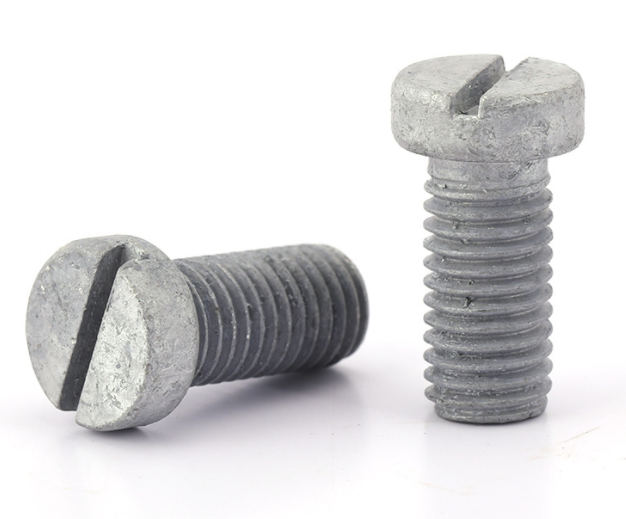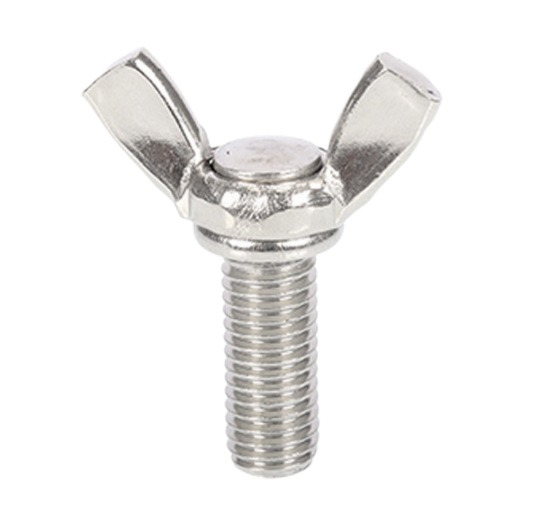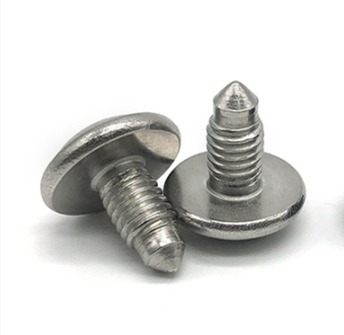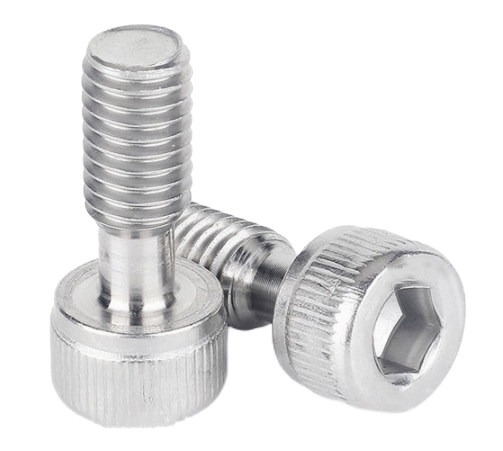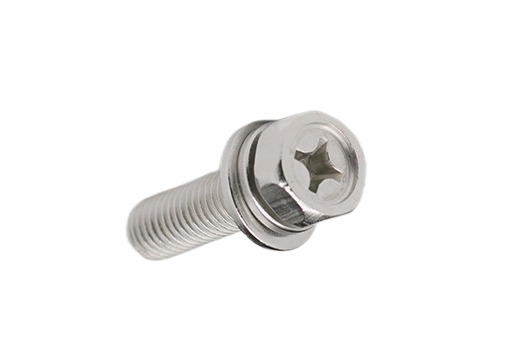A Best Guide To Choose Right Screw For Metal Studs
When working with metal studs, choosing the right screws is critical to maintaining structural integrity and the lifespan of your project. Metal studs , as opposed to ordinary wooden studs, require specialist screws that are designed to give maximum strength and stability. In this article, we will discuss the commonly used types of screws that are suited for metal studs and provide a comprehensive guidance on what screws to use for metal studs in your specific situations.

Why Choosing the Right Screws for Metal Studs is Important?
Structural Integrity
Because of its strength and longevity, metal studs are often utilized in building projects. Using the proper screws ensures that the studs are properly fastened, preserving the overall structural integrity of the framework. Improper screws can result in weak connections, jeopardizing the structure’s stability and safety.
Load-Bearing Capacity
Metal studs are frequently subjected to significant loads, such as drywall, fixtures, or equipment. The proper screws give the strength and gripping force required to support these weights. Screws that are too small or too weak can fail under stress, resulting in drooping, shifting, or even collapse.

Prevention of Damage
Metal studs differ from wood studs in their qualities. Using the improper screws, such as ones designed for wood, might cause harm to the metal studs. Incorrect screws might peel the threads, widen the holes, or cause stud deformation, jeopardizing their integrity and potentially necessitating costly repairs or replacements.
Compatibility with Metal Studs
Metal studs are available in a variety of gauges, thicknesses, and materials. To achieve a correct fit and secure attachment, use screws that are specifically intended for use with metal studs. Screws designed for wood or other uses may lack the qualities or dimensions required to securely fasten metal studs.
Time and Cost Efficiency
Using the right screws saves time and money in the long term. Screws that have been properly picked are easier to install and require less rework or repairs. They offer a dependable and effective fastening system that eliminates the need for future adjustments or replacements.
What are Commonly Used Screws for Metal Studs?
Self-Drilling Screws
Self-drilling screws are one of the most regularly used screws for metal studs. The drill bit at the tip of these screws allows them to generate their own pilot hole as they are driven into the metal. Self-drilling screws are often constructed of hardened steel and have a sharp tip, making them suitable for connecting metal studs or attaching other materials to the studs, such as drywall or sheathing.

Self-Tapping Screws
Self-tapping screws , like self-drilling screws, have a sharp point and can form their own threads when pushed into metal. They do, however, require a pre-drilled pilot hole, unlike self-drilling screws. When connecting accessories, brackets, or fixtures to metal studs, self-tapping screws are widely employed.

Fine-Thread Screws
Fine-thread screws have tightly spaced threads that provide great holding power in metal studs. These screws are ideal for thinner gauge metal studs, where a coarse-thread screw may not be as secure. Fine-thread screws spread the load more evenly, lowering the danger of breaking the stud or stripping the screw. They are available in various lengths and thread patterns to accommodate different applications.
Coarse-Thread Screws
Coarse-thread screws are commonly utilized in heavy-duty applications that require bigger metal studs. They have wider-spaced threads that provide a better grip and resistance to pull-out. Coarse-thread screws are appropriate for high-strength operations, such as connecting large fixtures or equipment to metal studs.
What Factors should be Considered for Choosing the Right Screws for Metal Studs?
Corrosion Resistance
When working with metal studs, it is essential to consider the potential for corrosion. Moisture or environmental factors can cause regular steel screws to rust over time, compromising their integrity. To prevent this, it is recommended to use screws made of materials with excellent corrosion resistance, such as stainless steel or coated screws specifically designed for metal applications.

Screw Length and Diameter
Choosing the correct screw length and diameter is critical for proper installation. The length should be long enough to penetrate the metal stud and secure the chosen substance. If the screw is too short, it may not have enough gripping force, whereas screws that are too long may damage the stud or protrude on the opposite side. Additionally, ensure that the screw diameter matches the size of the pre-drilled hole or the self-drilling capacity of the screw.
Summary
Choosing the right screws for metal studs is critical to the strength, stability, and endurance of your construction or remodeling projects. It provides a secure and long-lasting connection while also being corrosion resistant and compatible with metal stud requirements. You may save time, money, and assure the long-term success of any building or remodeling project by investing in the right screws.

